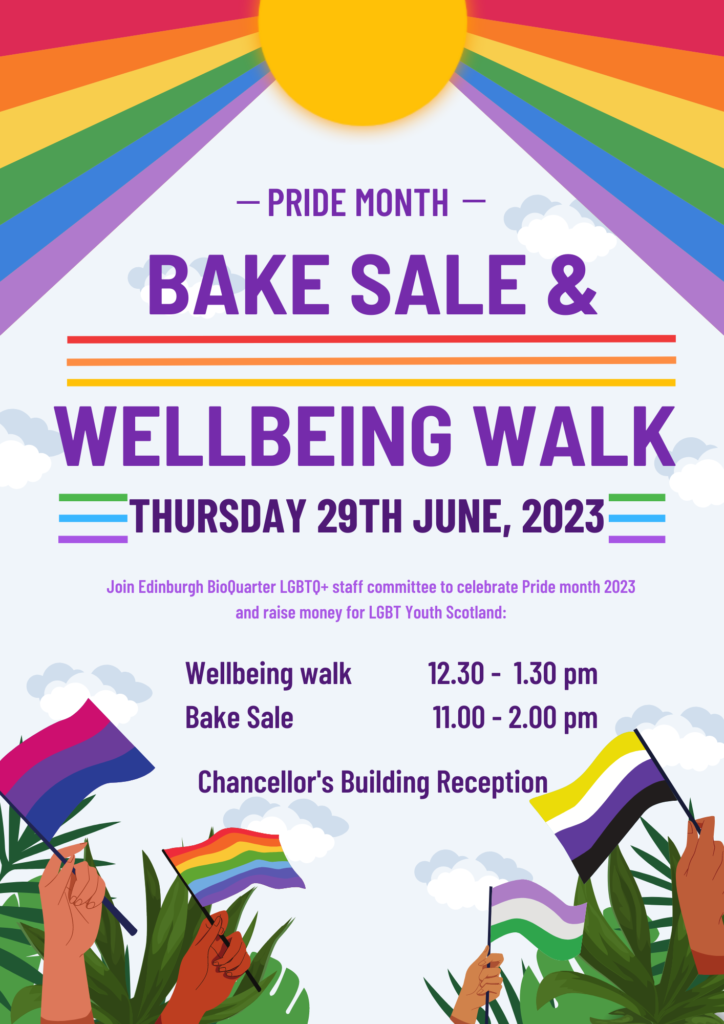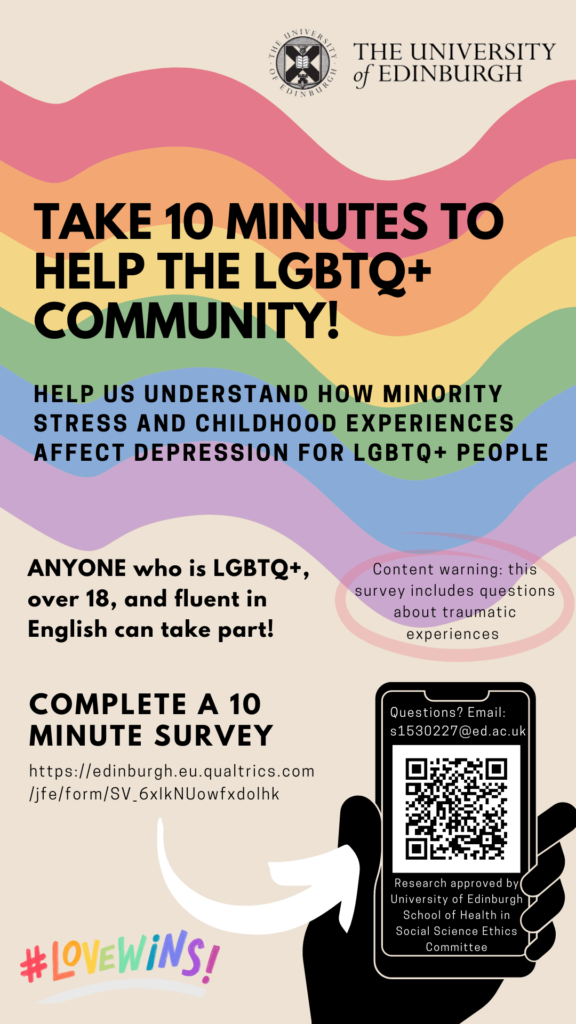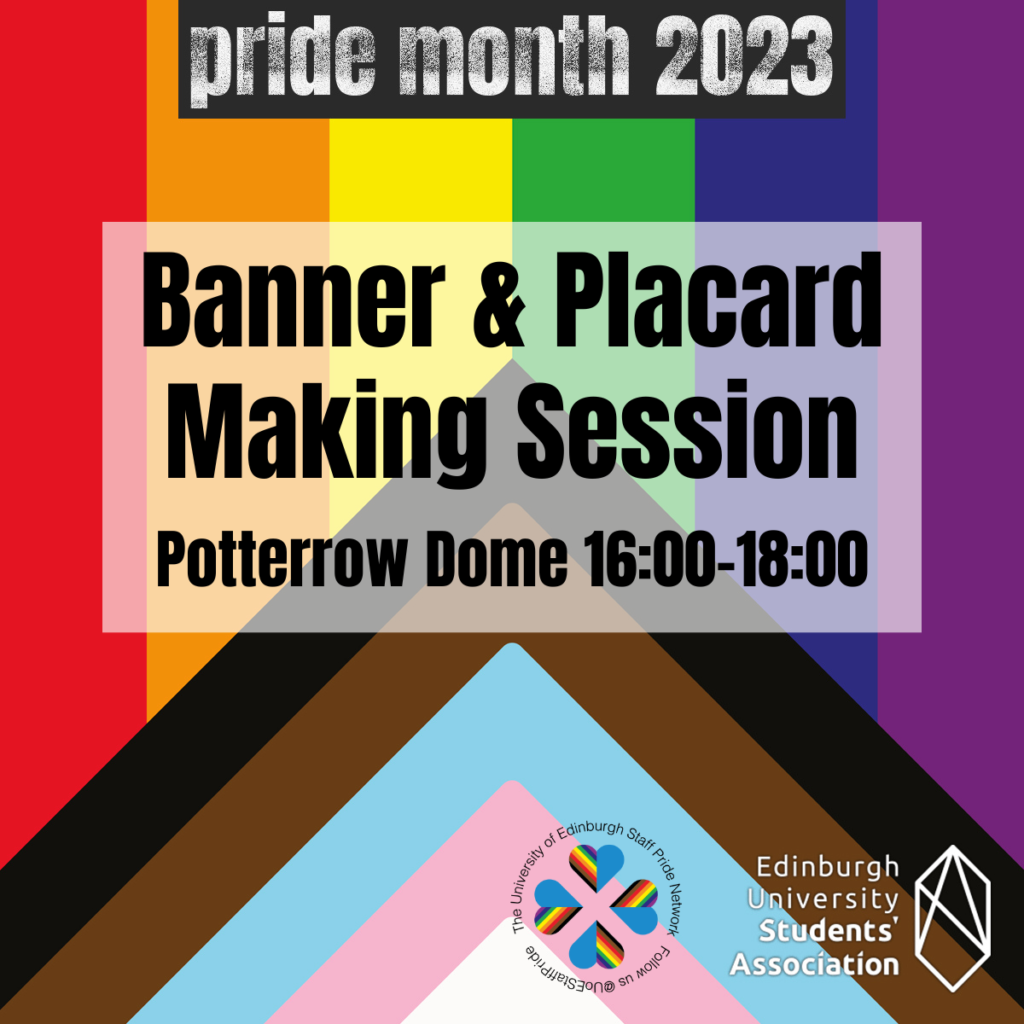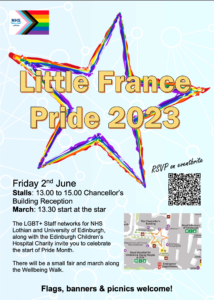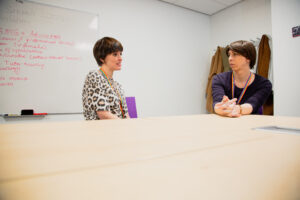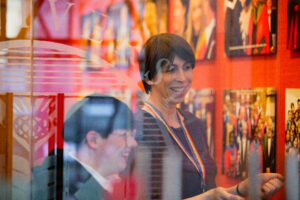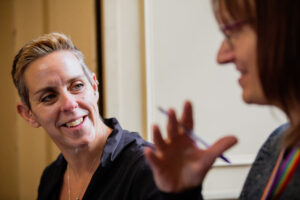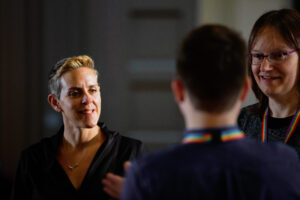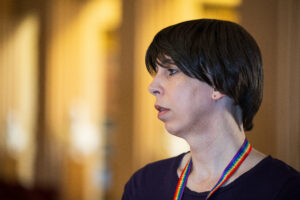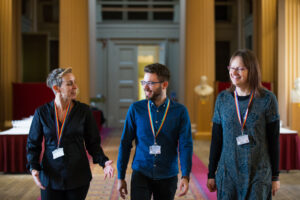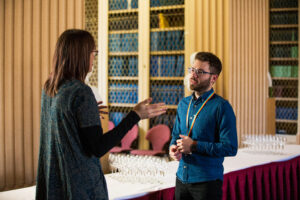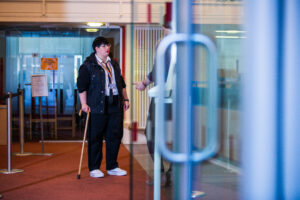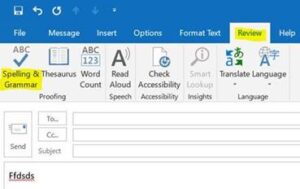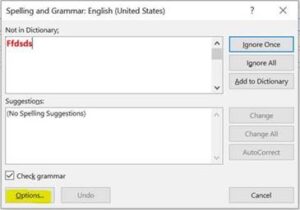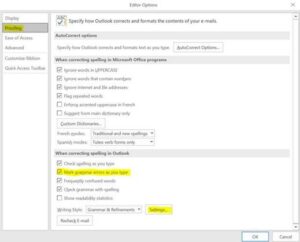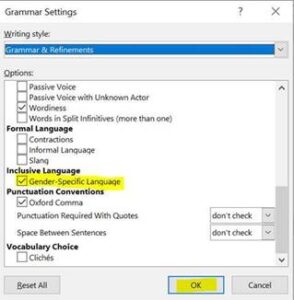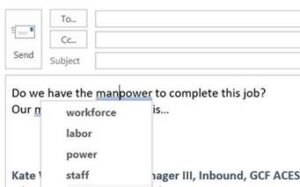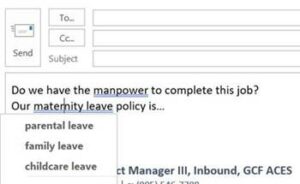Academics have recently received an email from the Provost with regards to the setting up of a new Academic Freedom and Freedom of Expression Working Group. Our colleague, Lauren Hall-Lew, sent the letter below in response to the announcement. It is an excellent, and necessary, response – and reflects what, we think, should be the Staff Pride Network’s position and role with regards to this matter. I am therefore forwarding it along, especially if it is useful in any conversations you may have within and beyond the institution.
Thanks to Edinburgh Race Equality Network (EREN) for sharing Lauren’s letter.
Dear Professor Graham,
Thank you in advance for taking the time to read this email. Do feel free to forward it to any party who might find it useful or, at least, relevant.
As the Professor of Sociolinguistics at this university, I want to take a moment to alert you and your team to some distress that your announcement has caused amongst the university’s staff, and to explain some of the reasons for this distress, from my professional point of view.
The short of it is that “Academic Freedom” and “Freedom of Expression” have taken on multiple and often conflicting meanings in recent years, particularly in the academic context, such that they now connote particular political stances that are further associated with the mental and physical harm of certain minority groups. As much as I personally wish that “Academic Freedom” and “Freedom of Expression” truly only entailed the sentiments expressed in your announcement, the linguistic facts point to the impossibility of this wish. Lexicographers who enter new words into the dictionary don’t make up definitions; they describe the definitions that best encompass how a word is actually used. It is in that spirit that I write you this email.
Academic research on the use of the term “free speech” in academic and legal contexts goes back at to at least 2018. In 2017, the following web publication made the observation that is the foundation of this research:
In this post, Zine observes that the phrase “free speech” was at the forefront of debates in Canada and the United States about “University classes regarding the use of gender-neutral pronouns and in the framing of the House of Commons Motion 103 combating Islamophobia. These may seem like disparate concerns, but they are in fact related in the way the so-called ‘alt-right’ uses free speech as a rhetorical prop in their campaigns of ideological intimidation.”
In 2018 we see the following academic article that articulates the issue in a more in-depth way:
While this paper is also set in the North American context, Sultana’s abstract succinctly summarizes the phenomenon that many of us here at the University of Edinburgh are also concerned about:
At a time when there are concerted efforts to decolonize academia, there is a concurrent rise of colonial nostalgia and white supremacy among some academics, who are supported by and end up lending support to the escalating far-right movements globally, which misuse notions of free speech and academic freedom to further their agendas and attack higher education.
Without acknowledgement of this phenomenon in the announcement you sent, there will inevitably be readers of the announcement who have reason to worry about what the working group means for their intellectual and personal safety. While this may seem at odds with the very meaning of “Academic Freedom” and “Freedom of Expression”, that is exactly the linguistic point: the way that terms are actually used says more about what they mean than what we imagine terms to mean.
This is especially the case when this particular (mis)use of terms spans years and continents. Sultana writes,
In recent years, free speech has been co-opted by far-right groups in liberal democracies such as the US, Canada, UK and Europe to promote hate speech whereby hate speech and calls to violence are being promoted, whether directly or covertly, under the guise of free speech. This is generally known as the ‘weaponization of free speech’ whereby the far-right uses the rhetoric of free speech to attack people and promote hate speech (Scott 2018; Picazo 2017).
And, further,
However, inciting violence, calling for harm/harassment, or active discrimination of people or groups violates the rights of others to enact their lives and is actually not protected under free speech.
It is in the spirit of this last quote that my colleagues and I are concerned about the formation and framing of this working group. Will hate speech be tolerated? The point is sometimes subtle, as fellow academics do not typically directly or actively “incite violence”. However, it is the alignment of free speech discourses with other actors (on Twitter, for example, through “likes”) that makes many of us feel unsafe and threatened. It needn’t be “hate speech” to have this effect, because what language connotes (or “indexes”, in my field of study) is just as meaningful and powerful as what it denotes directly.
For what it’s worth, there are at least two recent books from a legal perspective based in the US context that are relevant to this conversation:
And I highly recommend this paper (if you are going to read any paper) that is specifically about the contemporary academic context:
However, I will conclude this email with an academic reference based in the UK context, with a specific discussion about how “free speech” is being used across universities in the UK:
Leigh writes:
A small number of university professors have become central to free-speech struggles on university campuses. Unlike some overt fascists, these professors claim mainstream legitimacy in that they hold positions in prestigious institutions, publish peer-reviewed scholarship with established publishers, and denounce the far right. Yet, they are regularly opposed by student, left-wing, and antifascist protestors, who see them as producing scholarship that affirms core facts of far right ideology and/or is regularly used by the far right. In response, these public intellectuals pronounce free speech as under threat from ‘coddled,’ ‘oversensitive,’ ‘snowflake,’ and censorious students and universities (Leaker 2018). They then double-down on their calls for greater freedom of speech, often drawing directly on Locke and Mill and, I argue here, ultimately reproducing Locke’s and Mill’s commitments to colonialism.
I do not quote this paper to make any claims or accusations about other members of the University of Edinburgh staff. Indeed, the point is one about the term “free speech,” not about any individual actor. I have no doubt that many or most of the people involved in the creation of this working group have only the best of intentions. However, whether we like it or not, in the contemporary academic context, the terms used to describe the working group you propose are not neutral. Not in the least. And the University cannot proceed as if they are.
Thank you again for your time and consideration. I appreciate that you are busy, and I do not require a response, but I am also happy to discuss this issue further, if you so wish.
All best wishes,
Professor Lauren Hall-Lew (she/her)
Personal Chair of Sociolinguistics
The University of Edinburgh
